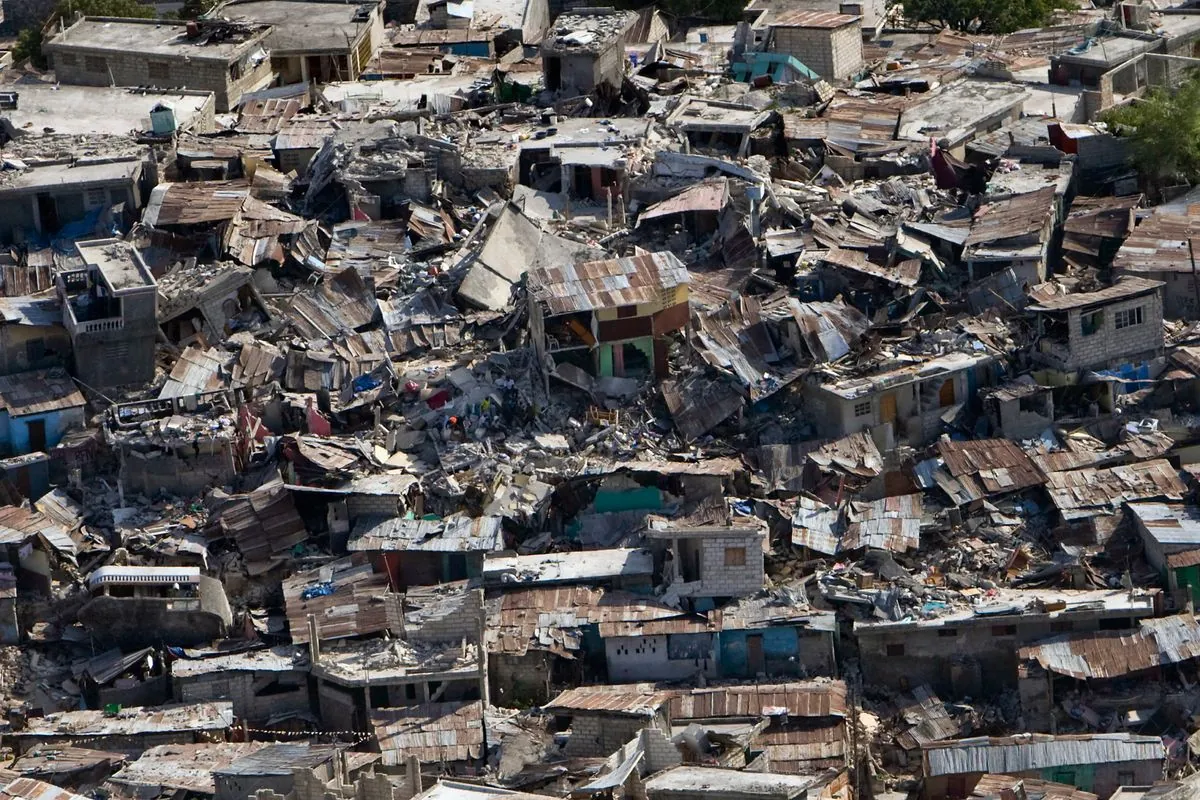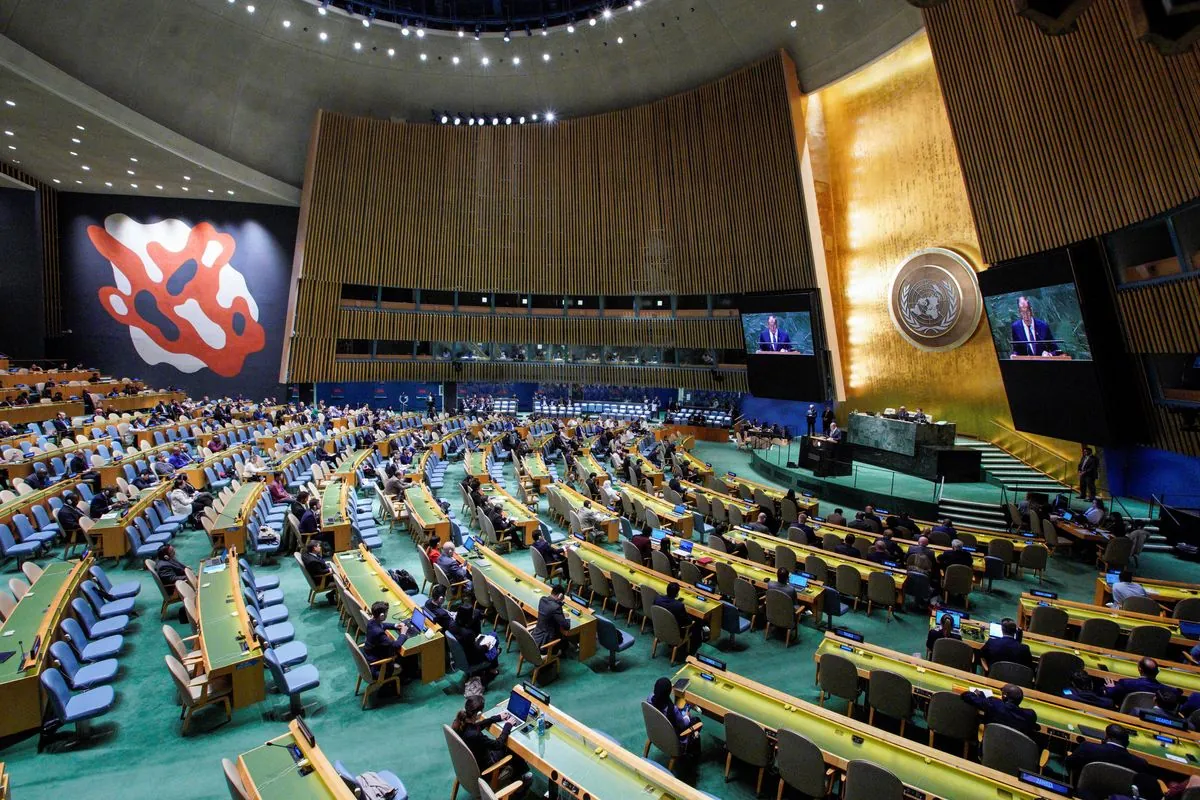Trump's Controversial Stance on Haitian Immigrants Sparks Debate
Former President Trump's recent comments on deporting Haitian immigrants with Temporary Protected Status have reignited discussions on U.S. immigration policies and their impact on vulnerable communities.

Haiti, a nation with a rich history as the world's first black republic, has faced numerous challenges in recent years. The country has endured multiple natural disasters and political upheavals, leading to significant migration to the United States. This situation has become a focal point in the ongoing debate over U.S. immigration policies.
In January 2010, a devastating 7.0-magnitude earthquake struck Haiti, affecting an estimated 3 million people. This catastrophe prompted the Obama administration to offer Temporary Protected Status (TPS) to Haitian immigrants. TPS allows individuals from countries experiencing extraordinary conditions to live and work in the U.S. temporarily.

The challenges for Haiti continued, with Hurricane Matthew causing widespread destruction in 2016. The following years saw further turmoil, including the assassination of the country's president in 2021 and another powerful earthquake shortly after. These events have contributed to Haiti's status as the poorest country in the Western Hemisphere, with a life expectancy of approximately 64 years as of 2024.
In response to these ongoing crises, the Biden administration extended TPS for Haitian immigrants in August 2021. However, the treatment of Haitian immigrants has varied under different administrations. During his presidency, Donald Trump allowed the TPS protection for Haitian immigrants to expire, potentially affecting nearly 60,000 individuals.
Trump's stance on immigration, particularly regarding Haiti, has been controversial. In a private conversation with legislators in early 2018, he reportedly made disparaging remarks about Haiti, expressing a preference for immigrants from predominantly white countries like Norway.
"What's happening there is horrible. You have a beautiful community, 52,000 people and about 30,000 people were put into that community rapidly."
In a recent interview, Trump discussed the Haitian immigrant population in Springfield, Ohio. He claimed that the influx of immigrants had negatively impacted the community and stated his intention to revoke their TPS status if elected in 2024.
Trump's running mate, JD Vance, has also made contentious statements about Haitian immigrants in Ohio, questioning their legal status despite their TPS designation.
Critics argue that Trump's approach to immigration is not solely focused on legal status or public safety concerns. Instead, they suggest that his policies may be influenced by personal biases and political motivations. The proposed mass deportation of immigrants, including those with TPS, would likely face significant logistical and ethical challenges.
It's worth noting that Haiti has a complex relationship with migration. Despite its challenges, the country has a vibrant culture, with the highest number of artists per capita of any nation. Haiti also boasts unique historical sites, such as the Citadelle Laferrière, the largest fortress in the Americas.
As the debate over immigration policies continues, it's crucial to consider the broader implications for both the United States and the countries of origin. The situation in Haiti and the treatment of its immigrants in the U.S. highlight the complex interplay between humanitarian concerns, economic factors, and political considerations in shaping immigration policies.


































